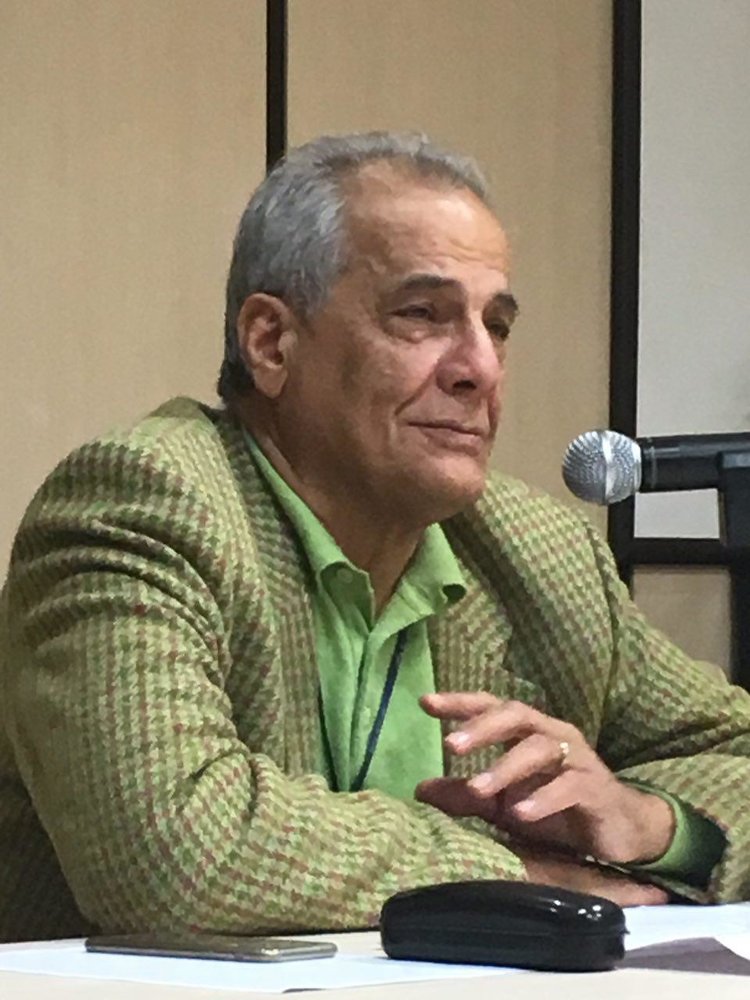Trump’s policies show decline of U.S. hegemony: scholar

TEHRAN - A prominent scholar says adoption of policies such as visa ban for certain countries by U.S. President Donald Trump indicates the fact that the hegemony of the U.S. is declining.
“The U.S. power is declining. This decline is unavoidable. So, Trump’s policies correspond to a declining power,” Modjtaba Sadria told the Tehran Times in an exclusive interview on Wednesday.
He said that the U.S. used to be like an “expanding empire” that enjoyed an “open society”, however the power of the empire has waned both externally and internally.
“The U.S. used to have power and wealth by which it could play attractive games before the Second World War and between World War II and 1980s. The U.S. society was rather open,” he said. “A paradoxical situation happened for the U.S. since the end of 1980s.”
Sadria, an expert in international relations and sociology, noted that the end of the cold war was an “everlasting decline of the U.S.”.
“The rise of China and Japan since 1980s and also strength of the European Union led to a multi-power world instead of a unipolar one,” he added.
The scholar added that the international influence of the U.S. is becoming “lesser and lesser and it cannot dictate its will to the other countries”.
‘The U.S. needs to control its internal boundaries’
On January 27, Trump suspended all refugee admissions to the U.S. for four months and banned the entry of Syrian refugees indefinitely pending a security review meant to ensure terrorists cannot slip through vetting. Trump also issued a 90-day ban on all entry to the U.S. from seven Muslim-majority countries, including Iran.
Sadria said that the U.S. should “control its boundaries from within the society” and it has not an open society anymore and is becoming “closer and smaller”.
“The U.S. cannot let its society be as open as it used to be, because it is out of control.”
Trump is using Muslims of certain countries as “pretext” to take measures to tighten the boundaries of the society and control it, he said.
“Apparently, this goes back to Samuel Huntington who introduced Muslims as the biggest challenge to the interests of the U.S. in his book The Clash of Civilizations,” he said. “So, Muslims, even from certain countries, are good pretexts to start measures in line with strengthening an identity which is being weakened.”
Commenting on the consequences of visa ban on the target countries, Sadria said the ban can be both beneficial and harmful.
It is beneficial because a remarkable amount of money and wealth is retained in the target countries if their educated people do not immigrate and stay in their home countries, he remarked.
The scholar added that the ban may be a loss for those who seek to put into practice academic projects in the U.S.
